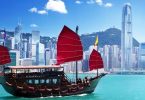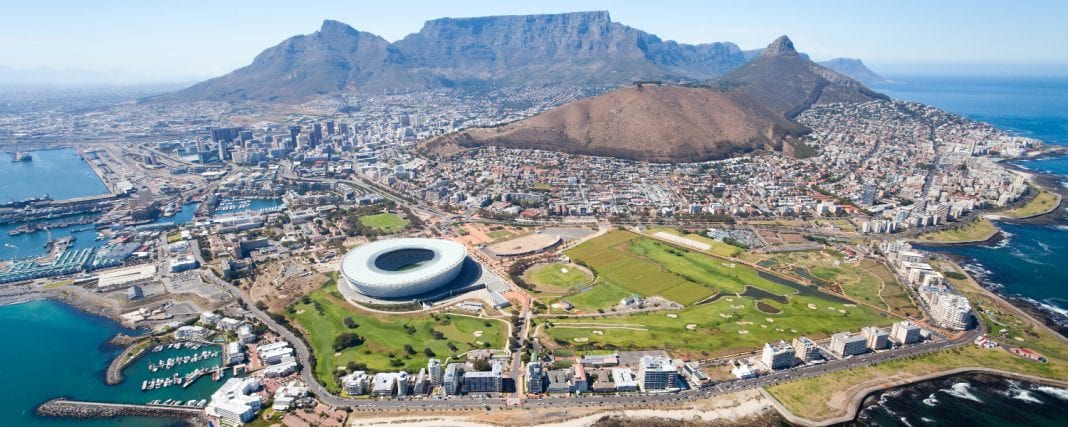It has been ten years now since Luzi Matzig, one of the most prominent personalities in Asian tourism, created his own tour operation. For eTurboNews, Matzig – who just celebrated his 60th birthday – gives his vision of tourism in southeast Asia.
eTN: What are the most dramatic changes you have experienced over the last ten years?
Luzi Matzig: This is definitely Internet booking that has revolutionized distribution and the way to do business. Booking engines are now into the hands of large travel groups that contract directly with travel suppliers such as hotels. Agoda.com has been taken over by Priceline and asiarooms.com by TUI. Tour operators such as ourselves are not anymore needed to book rooms. We just lost ourselves a contract with asiarooms.com as they decided to deal directly with hotels. And we cannot compete, as it would request a lot of effort and money. We have to adapt our strategy and concentrate on our core business, the tour operating. We just, in fact, gained Kuoni UK as a new customer.
eTN: Are travelers from today very different from ten years ago?
Matzig: We definitely experience[d] a strong rise in individual travelers. As soon as a market becomes mature, it walks away from group tourism. We see also emerging two strong types of travelers, both at the extreme. With the collapse in airlines and hotels prices due to increased competition, there is a trend for cheaper and ever-cheaper packages. But how cheap can we further go? Is it really worth the energy to chase those mass tourism markets producing a very small return on investment? We prefer to look after the other segment, FIT who looks after exclusive up-market products. There is more disposable money and less competition.
eTN: What are the products then that you can offer?
Matzig: These FIT travelers have very determined ideas about what they would like to do and when. Our strength is then to propose packages à la carte. We can arrange for a private car with chauffeur or offer a tailor-made circuit in southeast Asia. We see, for example, a strong interest for cruises as the choice becomes more sophisticated in the region. They are classical cruises on the Mekong River or on the Andaman Sea. Borneo is also emerging as an attractive cruise destination. We also propose private jet[s] for top travelers. We also find more holidaymakers looking for exclusive destinations. For example in Thailand, we see up-market clients moving away from well-known tourist destinations such as Krabi, Phuket, or Pattaya to go more to secluded islands. The last Kuoni Switzerland catalogue on Asia is a very good example of the current trend. It contains up to ten pages of stays and packages at little-know[n] Thai islands.
eTN: Did you also experience a shift in destinations requested by travelers?
Matzig: Indochina has seen the biggest growth over the decade with tourism booming in countries such as Vietnam, Cambodia, and also Laos. Burma is coming back, rather slowly, but it went through a terrible time in 2008. I expect that Myanmar will double the number of its travelers next year compared to 2009… The Philippines is gaining in popularity, especially for Boracay with its fine beaches. But the most successful destination over the last two years is Indonesia. Especially for Bali, where it becomes extremely difficult to sort out an accommodation. The EU ban lift on air travel for some Indonesian airlines help us to design new packages. We propose again overland tours from Sumatra to Bali or propose tours to the Toraja in South Sulawesi in complement to a stay in Bali.
eTN: Is culture an attractive theme in Southeast Asia?
Matzig: It has always been, but as travelers are becoming more discerning, they like to link many cultural destinations with eventually a few days break at a seaside resort at the end of their tour. In Europe, travelers from France, Germany, or Switzerland are very keen at combining multi-countries cultural tours, such as Vietnam-Cambodia and Thailand. But Russians, Scandinavians, and Britons would mostly favor a single sea and sun holiday destination.
eTN: What are your predictions for 2010 for Asian Trails?
Matzig: We definitely will see a recovery, let[‘s] say in a growth range of 10 percent. We are personally very happy with our position today and our presence all around southeast Asia. We do not plan to move to other markets as we estimate to remain among the best specialists in the region.






















